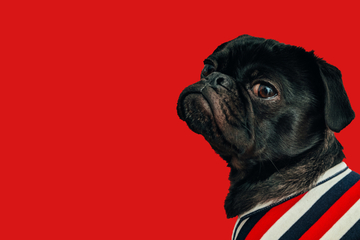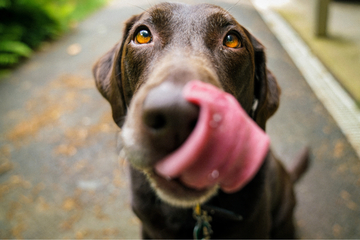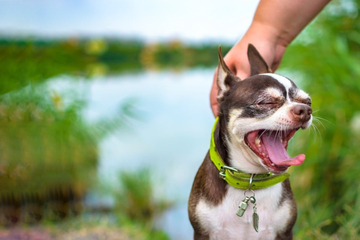Why does my dog fart so much? How to stop a dog from farting
Dogs can get a little gassy sometimes, but it's not always as innocent as you might think. Why do dogs fart so much, and what can you do to relieve puppy flatulence?

Dogs fart like a house on fire – again, again, and again, sometimes stinking you right out of the room.
These malodorous mutts can get pretty unpleasant to be around, but how could this be?
Why on Earth do dogs get gassy? Is there something in their food?
In this dog guide, TAG24 dives into why dogs fart so much. What's behind the phenomenon, how often is dog farting normal, and how can you stop dog farts?
Let's take a look into this stinky situation.
Why does my dog fart all the time?
Common, chronic, and caustic dog flatulence is often caused by a poor diet. Certain ingredients in dog food simply don't mix well with their stomachs, and will cause bad odors and nasty wind.
Does your dog eat these foods? They could be causing dog farts.
- Soy products of any kind
- Vegetables like peas or beans
- Meat that is extremely high in fat
- Spicy foods
- Milk and dairy
Important note: Dogs are lactose intolerant. If you are giving them milk or cheese, they are likely going to get sick, or pass a lot of gas. That sickness could be very serious, so lay off the dairy for your pup!
There are a variety of other reasons why your dog might be farting a lot. Risk factors include old age, excessive weight, or an illness of some kind.
Ultimately, dog farts are like human farts - a build up of gas in their bodies. Anything that could be causing more of this gas to be produced will cause dog farts.
On that smelly note, it's possible that your dog is actually eating a perfectly healthy diet, but is still farting like an absolute champ. If this is happening, it could be that your dog is allergic or intolerant to certain foods. In this case, you will need to have this checked by a vet.
So, in summary, why dogs fart pretty much all comes down to their food and diet. In the end, if your dog is excessively passing gas, check its diet and get checked for allergies.
Why do my dog's farts smell so bad?
Seeing as dog farts are primarily produced by foods that are not agreeing with your dog's digestive system, it is only natural that these various nutrients smell absolutely awful after being combined with bacteria and acid during digestion.
In much the same way that human farts smell pretty bad, dog farts smell absolutely awful, too. The difference, though, is that dogs have a different chemical makeup to humans and are allergic or intolerant to far more foods. When combined, these factors can produce some pretty stinky whiffs.
Important: If your dog's farts are smelling worse and worse, but there has been no changes to its diet, then it is important to take it directly to the vet and have it checked out. This could be caused by an illness, and it will need to be taken care of.
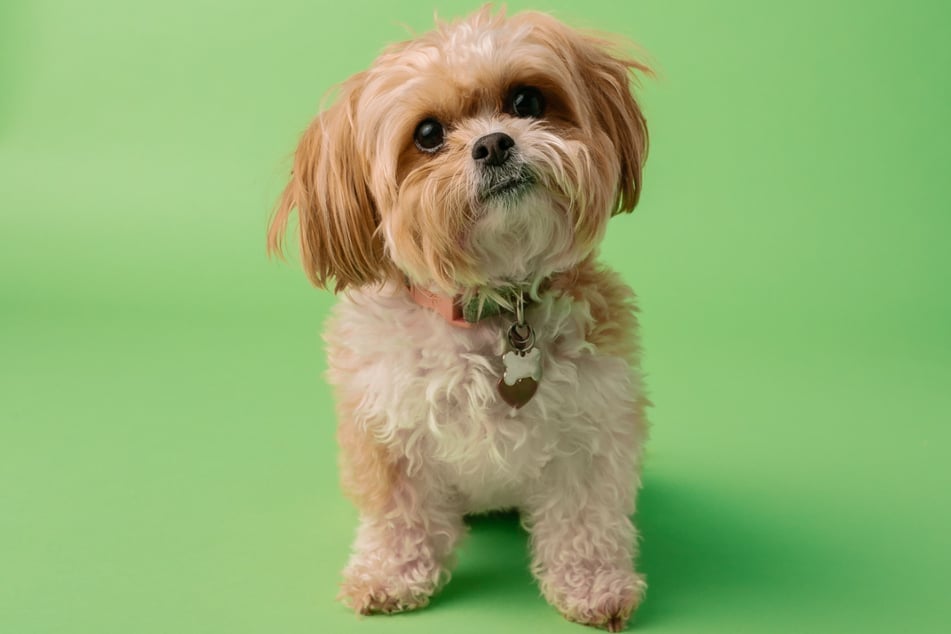
How to stop dog farts: Home remedies
Seeing as dogs generally get gas from food, changing their diet will be a primary source of flatulence relief. Some home remedies include preparing different foods, doing a few experiments, and getting your dog better trained. As a result, it is a rather complicated procedure, but with patience, you can help your pup.
Here's how to stop dog farts at home:
Don't let your dog eat human food: Dogs love some good ol' spaghetti and meatballs, and they absolutely adore some cheese – in addition to most human food. But fun fact - it's bad for them! Give them proper dog food and don't give them leftover human food from your dinner or lunch.
Get on that elimination diet: You want to figure out what's disagreeing with your doggo. As a result, start eliminating specific foodstuffs from its diet and observe to see if anything helps. Your veterinarian can also help you with this process.
Change food brands: If your dog is eating purely dog food and nothing else, try changing brands and food types, searching for something that won't cause serious doggy gas.
Get them trained: By walking them regularly and training them from a young age, you will keep them fit and healthy. As dogs get older, and their bodies change, and things like farting will get more common. If you make sure that they are well exercised and in good shape, this issue will be significantly reduced.
Give them less food, over more time: Slow down the rate at which you are feeding them. Give them some food maybe two or three times a day instead of just once, but with smaller portions (so that they are still eating the same quantity of food overall). Your dog's gas could be caused by an overworked digestive system, and simply slowing down their food consumption could actually do the trick.
If none of these methods work, darker forces could be at play. Keep them healthy, well-fed, and comfortable – and take them to the vet for anything unusual.
What can I give my dog for gas?
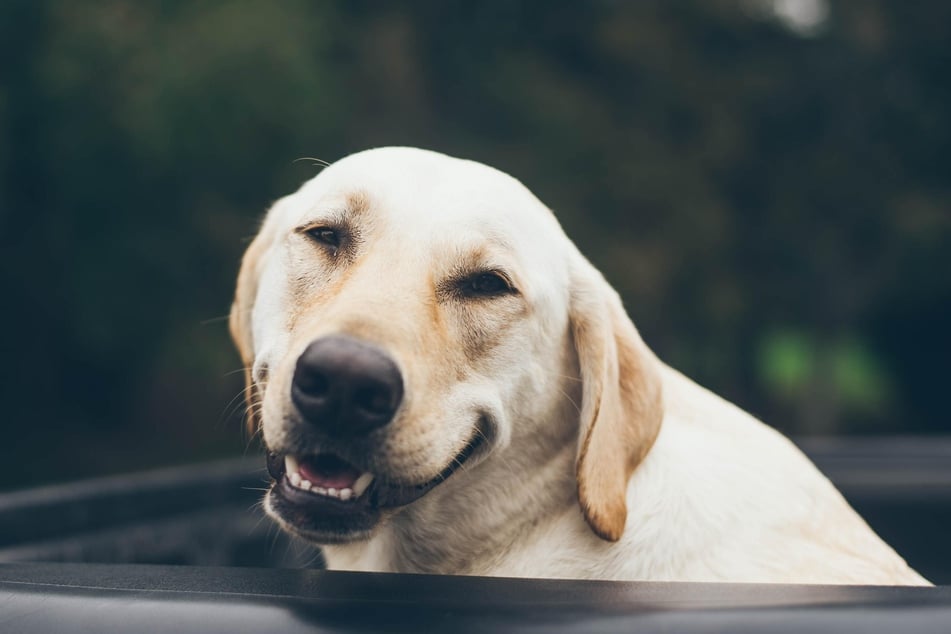
You must first have your dog checked out by the veterinarian, as it's no good to medicate for your pooch's flatulence yourself.
Once this has been done, the vet may prescribe certain medications (for example, some kind of dog-approved antacid) and give you some diet-change suggestions.
What you mustn't do, though, is give your dog any human medication. While certain medicines are actually similarly used for dogs and humans, the dosage will likely differ. You don't want to risk harming or poisoning your playful pooch!
Ultimately, give your dog different foods (designed and decided upon by elimination and with veterinarian consultation), and see if your vet will give you medication if it's needed – and the gas is getting bad.
How to help your dog with fasting
In short, try to feed your dog a healthy diet and pay attention to any other symptoms that may accompany gas. Remember to take it to the veterinarian if you have any concerns. If there's nothing to be done, though, maybe buying some nose plugs is in order. Happy sniffing!
Cover photo: Matthew Henry / Unsplash

